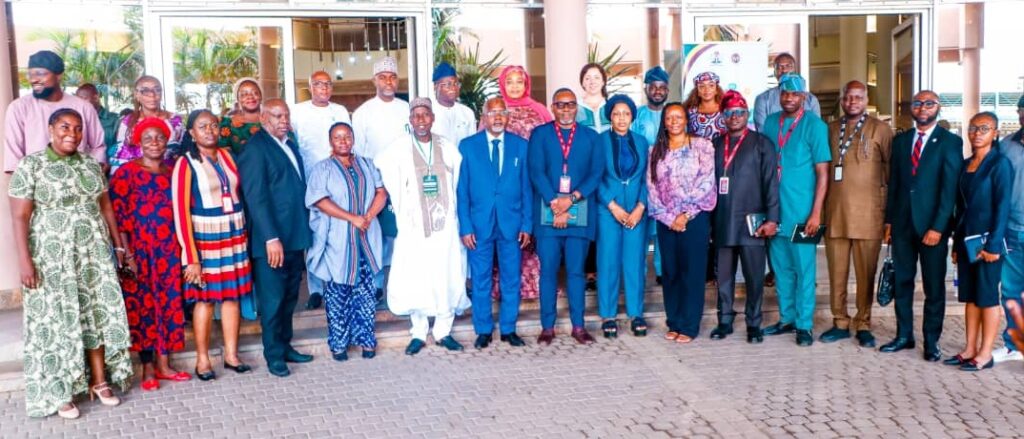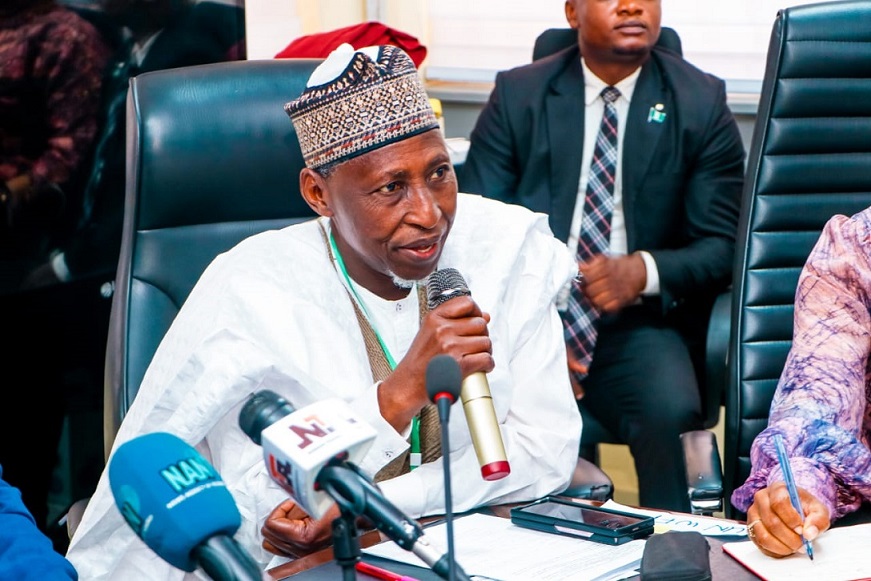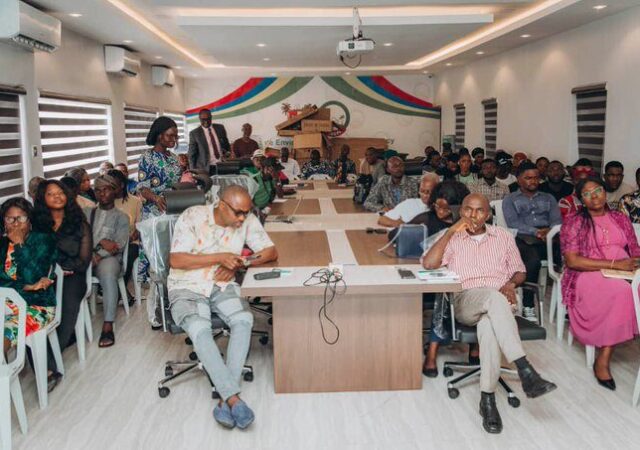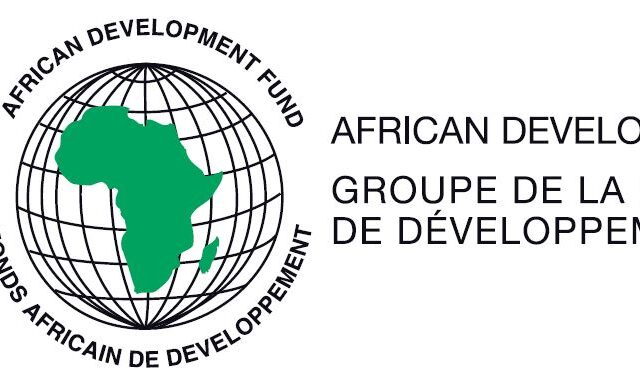In a bid to strengthen its commitment to child welfare, education, and nutrition, the Federal Government of Nigeria has initiated a major engagement with stakeholders to discuss the relaunch and expansion of the Renewed Hope National Home-Grown School Feeding Programme (RH-NHGSFP).
This was disclosed in a statement issued by the Head of Communication and Public Relations at the National Social Investment Programme (NSIP), Attari Hope.
According to the statement, the high-level meeting—held on Wednesday, April 23, 2025, at the Federal Secretariat in Abuja—was chaired by the Honourable Minister of State for Humanitarian Affairs and Poverty Reduction, Dr. Tanko Yusuf Sununu. Addressing participants, Dr. Sununu revealed that an estimated ₦900 billion to ₦1 trillion would be required annually to sustain the programme, which aims to provide nutritious meals three times a week to primary school pupils in grades 1 through 3.

The Minister emphasized the need for collaborative funding strategies, noting that while federal appropriations are essential, they alone will not suffice. “To achieve the scale we envision, we must go beyond government funding and draw from a broader pool of resources,” he said.
In response, the National Coordinator and CEO of the National Social Investment Programme, Associate Professor Badamasi Lawal, outlined a strategic approach to funding. He cited potential contributions from presidential initiatives, grants from international development partners, and a proposed allocation of 5% from recovered repatriated funds.
“As stakeholders, your technical expertise, strategic insights, and financial support are invaluable,” Prof. Lawal stated. “Through this engagement, we aim to forge collaborative pathways that will not only strengthen the programme but also ensure its sustainability in line with the Sustainable Development Goals—particularly in tackling hunger, promoting quality education, and reducing poverty.”
He further described the RH-NHGSFP as a flagship initiative of the Renewed Hope Agenda championed by President Bola Ahmed Tinubu, GCFR, emphasizing its people-centered approach to national development. According to him, the programme is designed to address key socio-economic challenges—malnutrition, low school attendance, and rural poverty—while empowering smallholder farmers and stimulating local economies.
Highlighting the programme’s redesign, Prof. Lawal noted that the new model aims to deliver “enhanced efficiency, transparency, inclusiveness, and measurable outcomes,” with aspirations for Nigeria to become a global model for sustainable school feeding systems.
The session also featured a presentation by Dr. Princess Aderemi Adebowale, National Programme Manager of NHGSFP, who introduced the new Enhanced Platform of the programme. Her presentation marked what stakeholders described as a renewed and invigorated step toward ensuring that every Nigerian child receives at least one nutritious meal during the school week.
The statement concluded by reaffirming that this renewed momentum signals the government’s clear commitment to improving the well-being of its youngest citizens, while aligning national policy with global development priorities








Some really interesting details you have written.Assisted me a lot, just what I was searching for : D.
c1q9w2
Very informative, thanks for sharing!